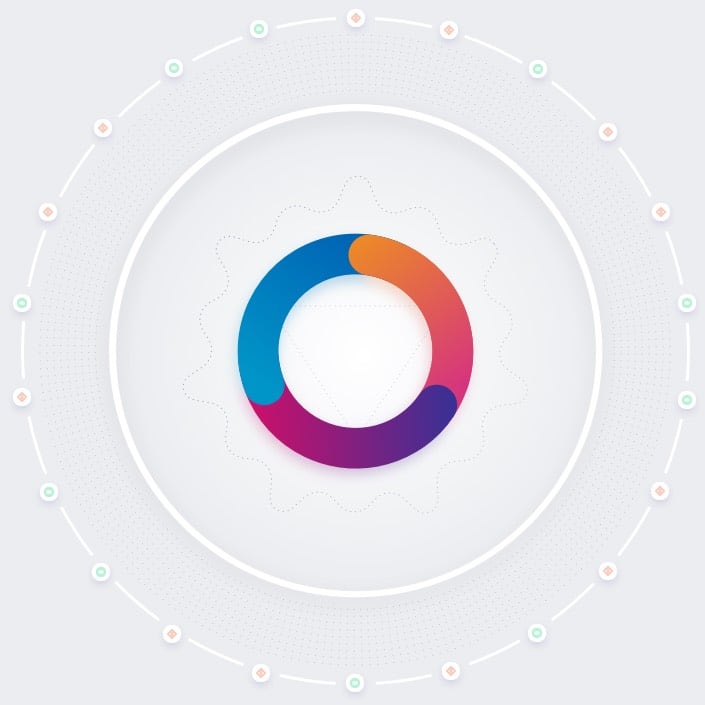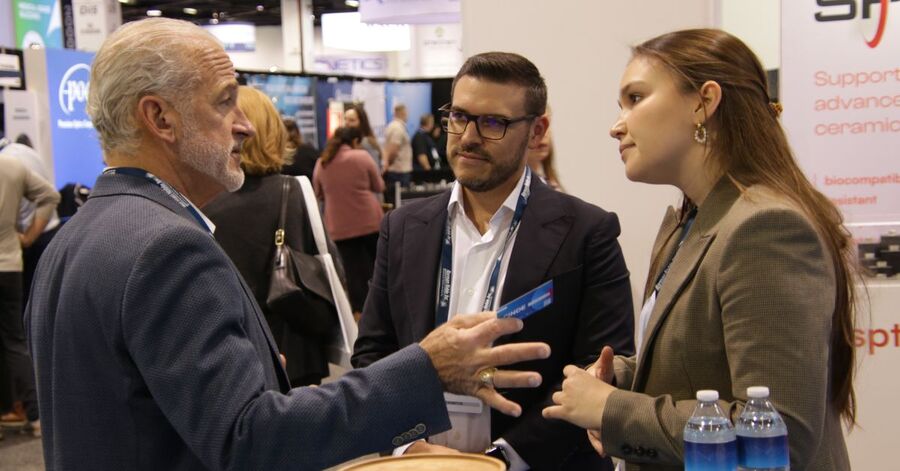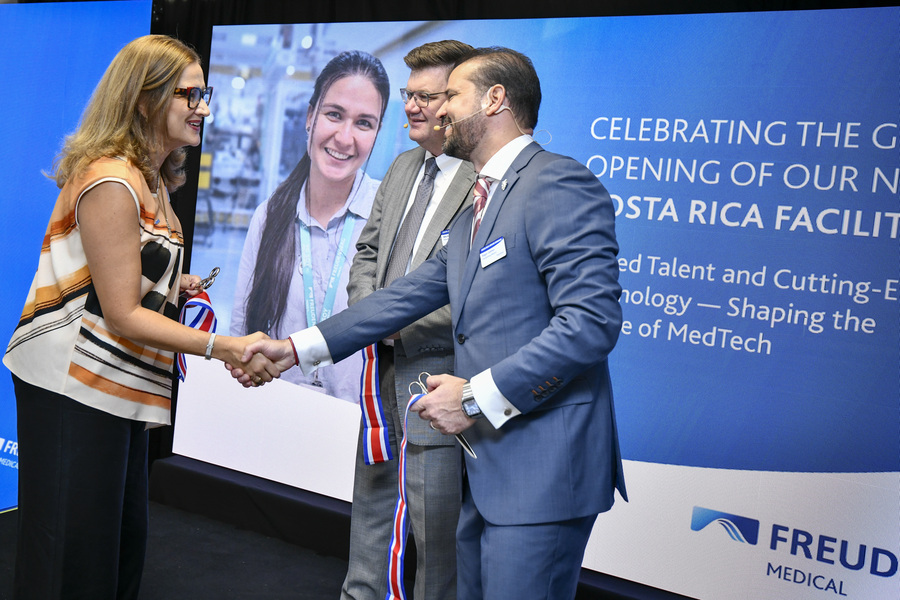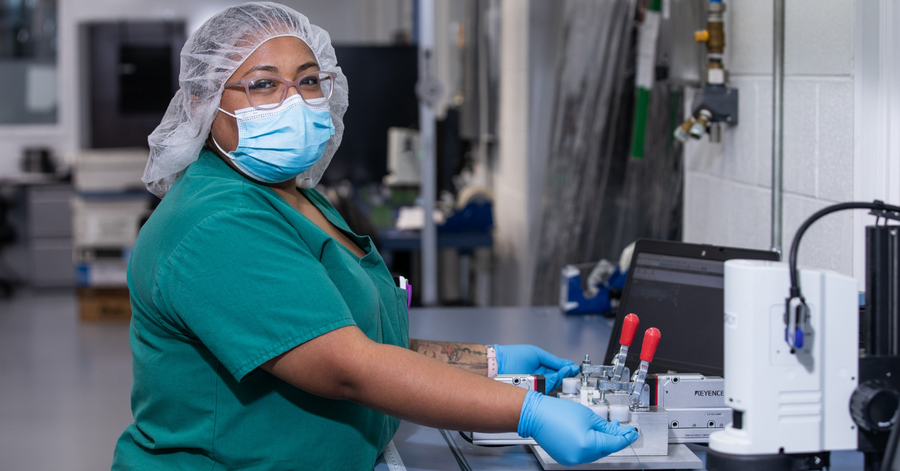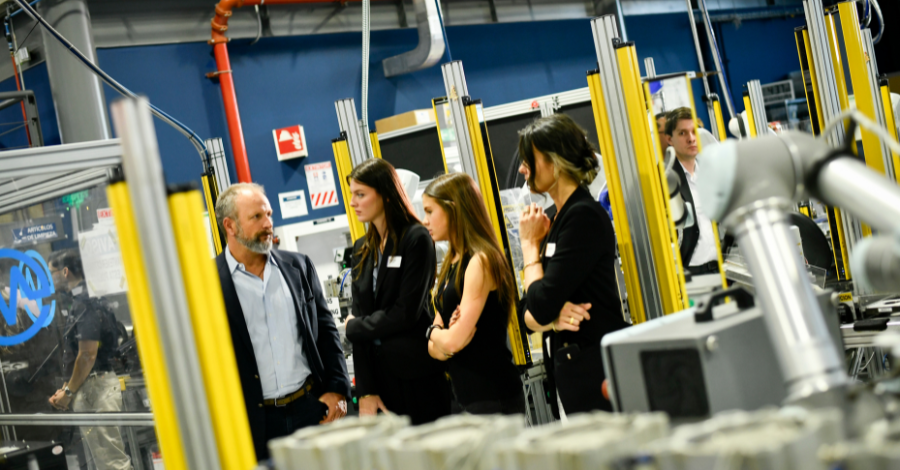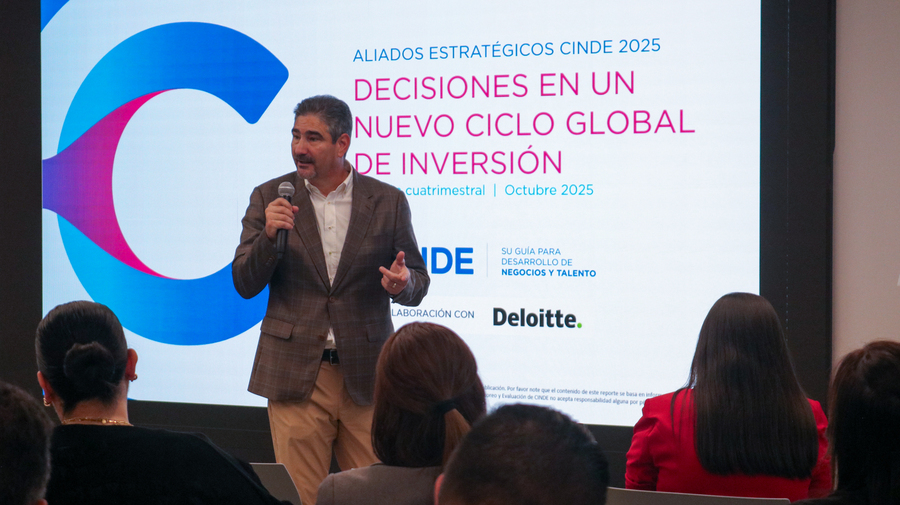NEWS
Costa Rica Joins the Gender Parity Initiative
• The plan was presented at the UN General Assembly near the end of September, as a Costa Rican strategy to increase women’s participation in the economy.
• CINDE joins the project, which the government will develop over the next three years, in coordination with the World Economic Forum, the IDB, the French Development Agency, and the private sector.
San José, Costa Rica. On September 24, Costa Rica announced the Gender Parity Initiative (GPI) to increase women’s participation in the labor market, reduce the wage gap, and increase women’s representation in leadership positions.
The proposal is part of the fifth objective of the United Nations’ sustainable development goals, which works toward gender equality.
The Vice Presidency of Costa Rica, led by Epsy Campbell, heads the plan, with support from the World Economic Forum (WEF), the Inter-American Development Bank (IDB), and the French Development Agency (AFD); it was announced during a virtual forum of the 75th session of the General Assembly of the United Nations (UN).
CINDE is part of the committee that will work on this project, which, during a minimum period of three years, will implement an action plan comprised of eight measures, ranging from regulatory changes to initiatives that raise awareness in both the public and private sectors.
“In 2019, women held half the positions created by companies that CINDE attracted to Costa Rica. And in more general terms, they represent 44% of labor participation in the more than 320 companies in our cluster. We work toward a time when this parity will be reflected in other sectors and types of companies, looking forward to decrease the economic gap” said Paola Bulgarelli, Manager of Strategic Investment Climate Projects at CINDE.
Among priorities, the initiative will strengthen care networks through the creation of new modalities and will develop alternative financing mechanisms, support 21st century skills for women, and promote a strategy to formalize employment, with special attention to both those who are not legally employed and those who lost their income due to the pandemic.
In a press release, Carlos Alvarado Quesada, President of the Republic, highlighted the fact that more than 20 public institutions will join this initiative, as will social organizations and allies from the private sector, to ensure visible results during its first months of implementation.
The IPG, which has already been developed in Argentina, Chile, Panama and Colombia, works to encourage more companies to commit to incorporating inclusive human talent management processes, as well as best practices in gender equality.
